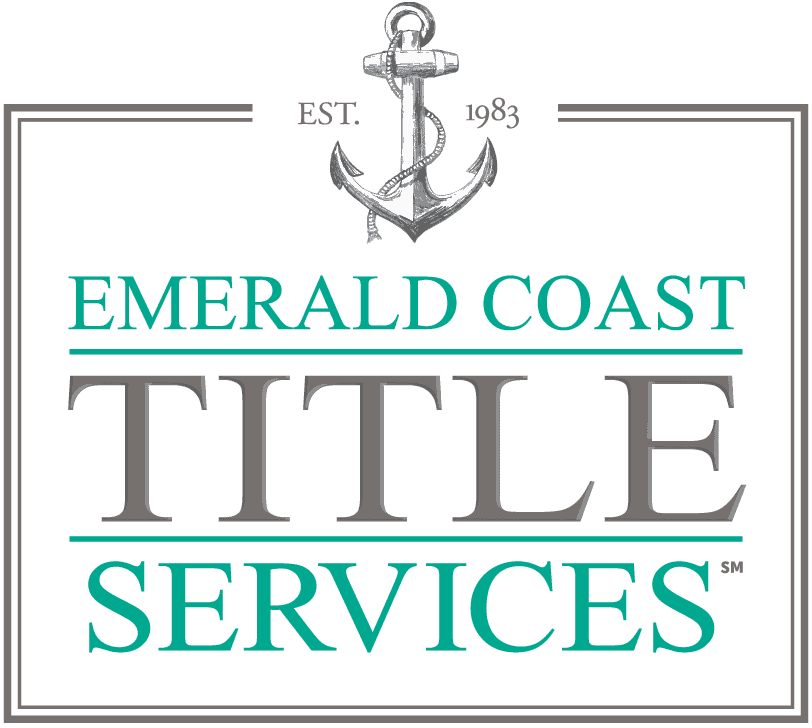Most anyone who’s been involved in investment properties on any level has at least heard of a 1031 exchange (also called a “Like-Kind” or “Starker” exchange). Real estate transactions involving 1031 exchanges are becoming increasingly common here on the Emerald Coast, but they can be a bit confusing as the Internal Revenue Code has evolved in recent years. An understanding of 1031 exchanges is likely to come in handy in a future real estate transaction.
The Basics
The IRS states that an investor is legally allowed to defer any capital gains taxes that might normally be owed on the sale of an investment property, so long as the profit is used to purchase another property deemed “like-kind.” Essentially, a seller can move funds from one property’s sale to purchase another property and defer paying any capital gains tax on those funds. Rather than pay the IRS, a 1031 exchange allows an investor to continue to use the money for additional development and economic growth. Additionally, many people wisely take advantage of the IRS rule effectively allowing unlimited exchanges, meaning that even if you profit on each transaction any tax you would normally owe can be indefinitely deferred (unless or until the owner eventually sells for cash, liquidating the value of the property).
The Rules
We strongly recommend consulting a professional when considering a 1031 exchange, but it’s always best to have an idea of some basic ground rules before deciding whether this route may be available to you.
First, keep in mind that a 1031 exchange is only applicable to the sale of investment or business properties. Transactions involving primary residences are not eligible for this tax benefit. The range of qualified properties includes everything from vacation homes, businesses, undeveloped land, and more. The IRS insists that the exchange be of “like-kind,” but this phrase is not as clearly defined as you might expect. A seller might trade a business park for a farm, or a strip mall for an undeveloped lot, for instance.
You should also note that there are important timing constraints involved in a 1031 exchange. The deadlines can get a bit tricky, but generally an intermediary must hold the funds from the sale of the property (if the seller receives the funds, he or she will be required to pay the capital gains tax) and the seller must declare the replacement property to that intermediary within 45 days. The good news is that a seller can choose and declare up to three properties, so if you have your eye on a few you’ll have some extra time to make the right choice. Note that from the date of the sale of the original property, a seller must close on the next sale within 180 days.
Finally, in order to defer 100% of the tax, the value of the sold property should be equal or greater in value to the surrendered property. In other words, if a seller purchases a less expensive property, he or she will be legally obligated to pay taxes on the cash balance.
1031 Exchange in Florida Real Estate
It’s no secret that investment properties are a hot commodity in the State of Florida. After all, we’re a rapidly developing state and boast more beautiful coastline than any state in the lower 48. The good news is that Florida has no laws which might impede or otherwise block a 1031 exchange. You can also be confident that transacting over state lines is no extra headache when it comes to this tax deferment strategy. The typical 1031 exchange in our area involves at least one investment vacation property. Emerald Coast Title Services can help facilitate such transactions in the Destin and 30A areas.
How Can a 1031 Exchange Benefit You?
Florida investors seeking to defer capital gains taxes know the benefits of the 1031 exchange. An investor can effectively alter the shape of the investment without liquidating or declaring any capital gain. This makes room for an investment to continue to grow tax deferred. Since no limit exists on the number of times or how frequently one can take advantage of a 1031, smart investors simply move the gain from one investment property to the next.
We Can Help with Your 1031 Exchanges
Whether you’d like to take advantage of this opportunity for yourself or on behalf of your clients, the experienced, attorney-lead team here at Emerald Coast Title Services can help. We have the experience and knowledge to guide you through the process and properly complete the transaction accurately within the constraints. Call us at (850) 650-0077 or visit https://ects.com/resources/1031-exchanges/

